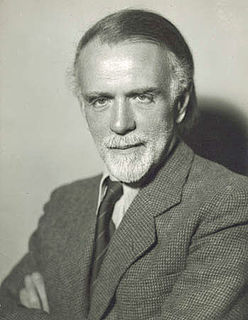A Quote by Daniel Everett
Language is possible due to a number of cognitive and physical characteristics that are unique to humans but none of which that are unique to language. Coming together they make language possible. But the fundamental building block of language is community.
Related Quotes
If language naturally evolves to serve the needs of tiny rodents with tiny rodent brains, then what's unique about language isn't the brilliant humans who invented it to communicate high-level abstract thoughts. What's unique about language is that the creatures who develop it are highly vulnerable to being eaten.
It has not been definitively proved that the language of words is the best possible language. And it seems that on the stage, which is above all a space to fill and a place where something happens, the language of words may have to give way before a language of signs whose objective aspect is the one that has the most immediate impact upon us.
We believe we can also show that words do not have exactly the same psychic "weight" depending on whether they belong to the language of reverie or to the language of daylight life-to rested language or language under surveillance-to the language of natural poetry or to the language hammered out by authoritarian prosodies.
Music is a manifestation of the human spirit, similar to language. Its greatest practitioners have conveyed to mankind things not possible to say in any other language. If we do not want these things to remain dead treasures, we must do our utmost to make the greatest possible number of people understand their idiom.
She alone dares and wishes to know from within, where she, the outcast, has never ceased to hear the resonance of fore language. She lets the other language speak - the language of 1,000 tongues which knows neither enclosure nor death. To life she refuses nothing. Her language does not contain, it carries; it does not hold back; it makes possible.
Language makes it possible for a child to incorporate his parents' verbal prohibitions, to make them part of himself....We don't speak of a conscience yet in the child who is just acquiring language, but we can see very clearly how language plays an indispensable role in the formation of conscience. In fact, the moral achievement of man, the whole complex of factors that go into the organization of conscience is very largely based upon language.
Nature is a language and every new fact one learns is a new word; but it is not a language taken to pieces and dead in the dictionary, but the language put together into a most significant and universal sense. I wish to learn this language - not that I may know a new grammar, but that I may read the great book which is written in that tongue.
Iran is not in any sort of routine groupings. It's not an Arab country. It's not part of the Indian subcontinent. So it's in a neighborhood where it has some unique characteristics. We are a country which embraced Islam, learned Arabic, but didn't change its language or its culture... That's what keeps us unique.



































